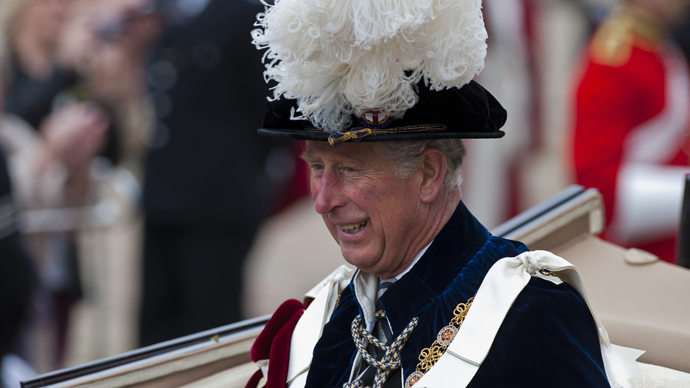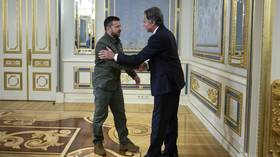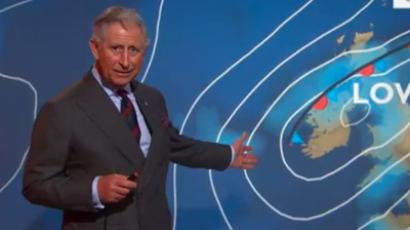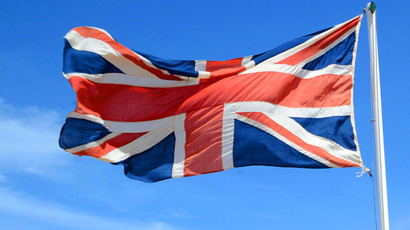Prince Charles' tax status comes under scrutiny

After dragging Amazon, Google and Starbucks over the tax coals, MPs will question the Prince of Wales’ most senior aide on Monday over controversial tax arrangements in connection with the royal heir’s 19-million-pound (US$28.6 million) annual income.
The public accounts committee aims to determine why Prince
Charles's hereditary estate, the Duchy of Cornwall, pays no
corporate tax or capital gains tax. The committee will also ask
why the prince only pays income tax voluntarily on his earnings
from the 847-million-pound ($1.275 billion) property empire.
Royal officials say the duchy is a private landed estate, not a
corporation, so it is exempt from any capital gains tax.
Last year, the Prince of Wales offset almost 11 million pounds
against official expenditure before paying a higher tax rate on
the rest, according to the Guardian.
Critics, specifically tax advocates and anti-monarchy groups,
argue that tax breaks for the duchy and a voluntarily tax for the
prince are unjustified, a claim Clarence House, the royal
residence in London, and the Duchy of Cornwall, strongly reject.
Scrutiny into the prince’s tax affairs comes after recent
investigations into tax avoidance by some of the biggest global
corporations, including Amazon, Google and Starbucks. The
companies were accused of diverting hundreds of millions of
pounds in UK profits to secretive tax havens.
The investigation is set to examine the details of the prince’s
partnership in JV Energen, which describes itself as the UK's
first “anaerobic digestion and biomethane injection
plant.” The joint venture is headquartered on duchy property
and is a limited liability partnership, which means partners must
pay taxes in the normal way.
However, because Prince Charles is listed as a partner under the
title of Duke of Cornwall, he will not directly be required to
pay those taxes since the duchy, which holds a commanding 54
percent in the venture, pays no capital gains tax or corporation
tax.
Profits will go to the duchy's surplus on which the Prince of
Wales pays income tax on a voluntary basis. The venture opened in
November and claimed that it made no capital gains or trading
profits in the year 2012-13.
Clarence House said Prince Charles would pay income tax, after
the deduction of expenses, on any surpluses at the highest rate.
Any capital gains would, as legally required, be reinvested in
duchy assets, which would offset the capital gains tax.
"As with all duchy investments, any trading profits would form
part of the duchy surplus, upon which the Prince of Wales pays
the highest rate of income tax (after the deduction of business
expenditure)," a spokeswoman for the duchy said, as quoted by
the British daily. "The prince is not entitled to receive any
capital gains from the duchy, and therefore does not pay capital
gains tax."
Opponents, however, say the tax breaks are coming at a bad time
"Had Prince Charles invested his own money and not used the
title Duke of Cornwall he would have been liable to tax in the
normal way,” Graham Smith, chief executive of Republic, said
in comments to the Guardian. "Isn't it astounding he chose not to
do that in this current climate?”
He could have opted into tax, but he opted out, Smith added.
The House of Commons hearing will hear evidence from William Nye,
the prince's private secretary; Keith Wills, the duchy's finance
director; and Paula Diggle, HM Treasury's officer of accounts.














